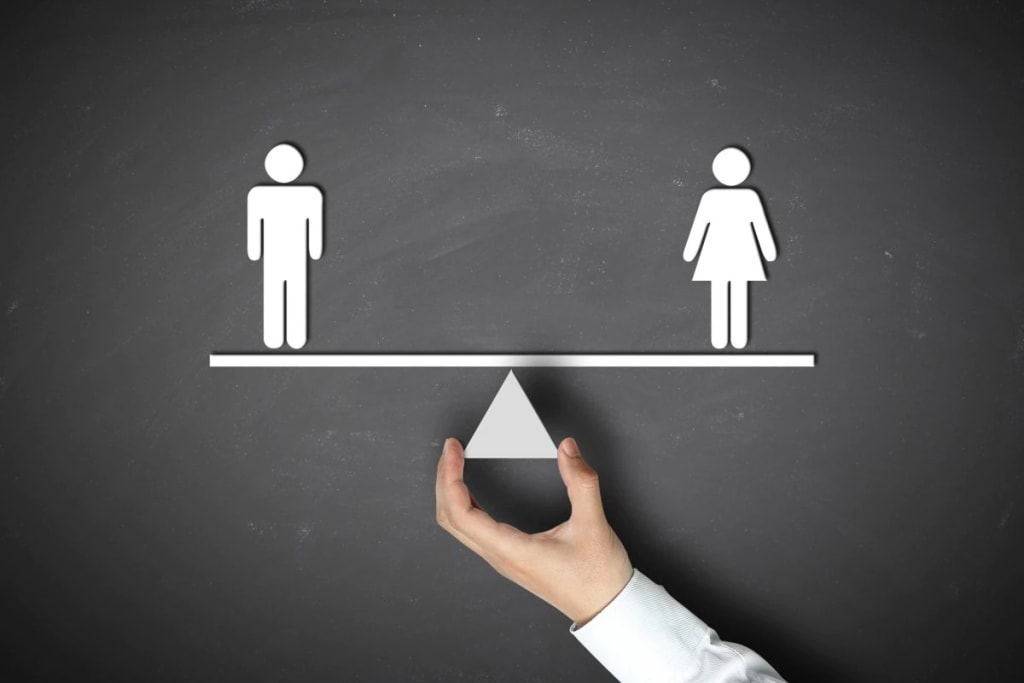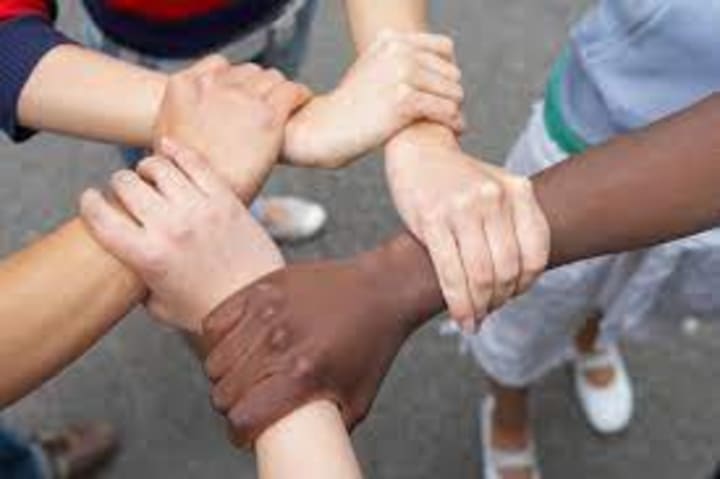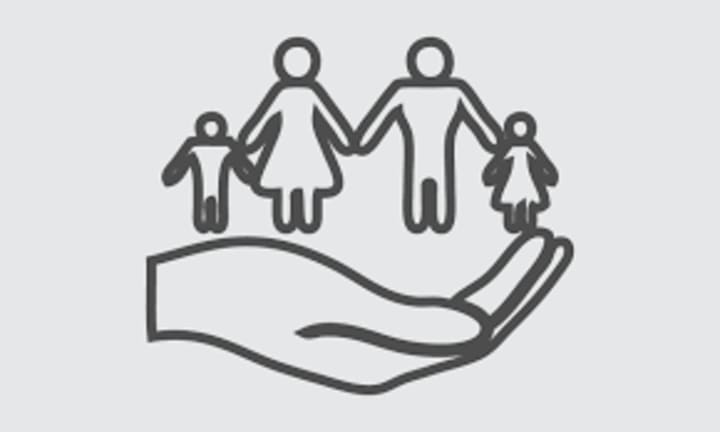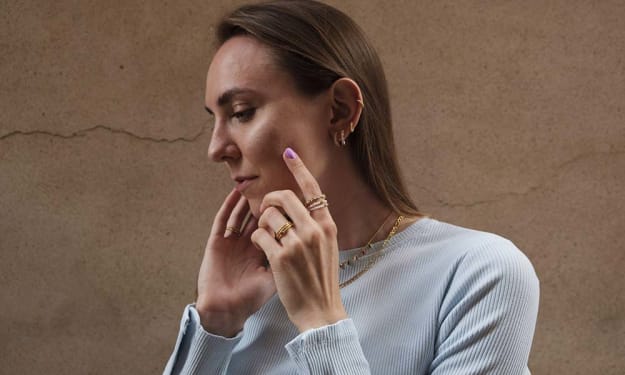"Beyond Boundaries: Embracing Equality in Islam's Tapestry of Gender Roles"
Illuminating the Quranic Verses and Hadiths that Uplift Men and Women in Perfect Harmony

Introduction:
In the realm of Islam, the roles and responsibilities of men and women are guided by principles of equality, justice, and harmony. Rooted in the sacred Quran and the teachings of Prophet Muhammad (peace be upon him), Islam presents a holistic framework that encourages mutual respect and cooperation between genders. This article explores the multifaceted roles of men and women in Islam, drawing upon Quranic verses and Hadiths to exemplify the ideals of gender equality.
Equal in Worth and Spirituality:

Islam values men and women equally, believing that everyone has spirituality and intrinsic worth. This equality is elegantly expressed in the Quran, which states, "Whoever does righteousness, whether male or female, while being a believer, We will surely cause them to live a good life" (Quran 16:97). This verse emphasizes that, regardless of one's gender, one's worth in Allah's eyes is determined by one's righteousness and faith. Islam emphasizes that both men and women can develop spiritually and draw nearer to God...
Complementary Roles:

Islam acknowledges and celebrates the distinct biological and psychological differences between men and women. Rather than fostering division, Islam views these differences as complementary aspects, encouraging cooperation and harmony. The Quran metaphorically describes men and women as "garments" for one another, symbolizing the importance of protection, support, and mutual care (Quran 2:187). This analogy beautifully illustrates the significance of a harmonious partnership, where the unique qualities of each gender enhance and complement one another.
Roles within the Family:

Islam places immense emphasis on the family as the cornerstone of society. In the realm of the family unit, Islam assigns complementary roles to men and women that promote mutual support and well-being. Men are entrusted with the responsibility of being the maintainers and providers for their families, while women are revered as the nurturing caretakers. The Quran affirms this dynamic by stating, "Men are the protectors and maintainers of women because Allah has made one of them excel over the other" (Quran 4:34). This verse recognizes men's inherent inclination towards protection and support, while also acknowledging the unique strengths and qualities that women possess.
Education and Knowledge:

Islam places a high value on education and the pursuit of knowledge for both men and women. Prophet Muhammad (peace be upon him) proclaimed, "Seeking knowledge is obligatory for every Muslim" (Al-Tirmizi). This Hadith emphasizes that the quest for knowledge is a shared responsibility, empowering both genders to develop their intellectual capabilities and contribute to society. Throughout Islamic history, numerous examples of highly educated and influential women serve as inspirations, as they made significant contributions to various fields of knowledge.
Social and Economic Rights:

Islam grants women a range of social and economic rights to ensure their well-being and empowerment. Women possess the right to own and manage property, engage in business and commerce, and inherit wealth. The Quran outlines this principle, stating, "Just as there is a share for men in what their parents and kinsfolk leave behind, so there is a share for women in what their parents and kinsfolk leave behind – be it little or much – a share ordained (by Allah)" (Quran 4:7). This verse firmly establishes the principle of equal inheritance rights for women, fostering their financial independence and security.
Leadership and Participation:

Islam recognizes and appreciates the leadership capabilities of women, encouraging their active participation in various spheres of society. Throughout Islamic history, women have held positions of influence and authority as scholars, teachers, and advisors. Prophet Muhammad (peace be upon him) emphasized the significance of knowledge, stating, "The seeking of knowledge is obligatory for every Muslim, and the Muslim who knows must teach those who
Conclusion:
Islam promotes equality, justice, and harmony between men and women. The roles of men and women are complementary, with each having unique contributions to make in various aspects of life. Islam emphasizes education, and social and economic rights for women, and encourages their leadership and participation in society. By embracing these principles, society can foster a balanced and cooperative environment where both genders thrive and contribute to the betterment of humanity. Islam offers a holistic framework that upholds the principles of equality and harmony in defining the roles of men and women
THANKS FOR READING AND SUPPORTING
HOPE YOU ALL UNDERSTAND DO FOLLOW ME ON






Comments
There are no comments for this story
Be the first to respond and start the conversation.